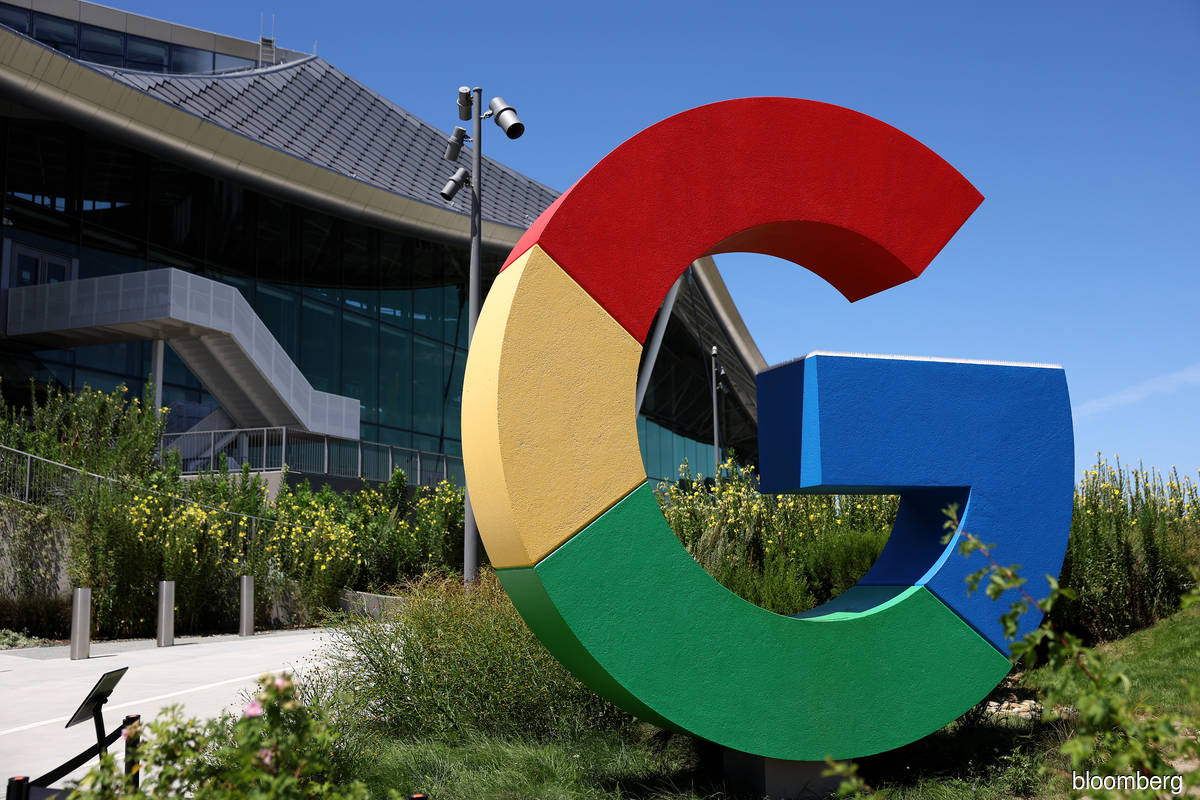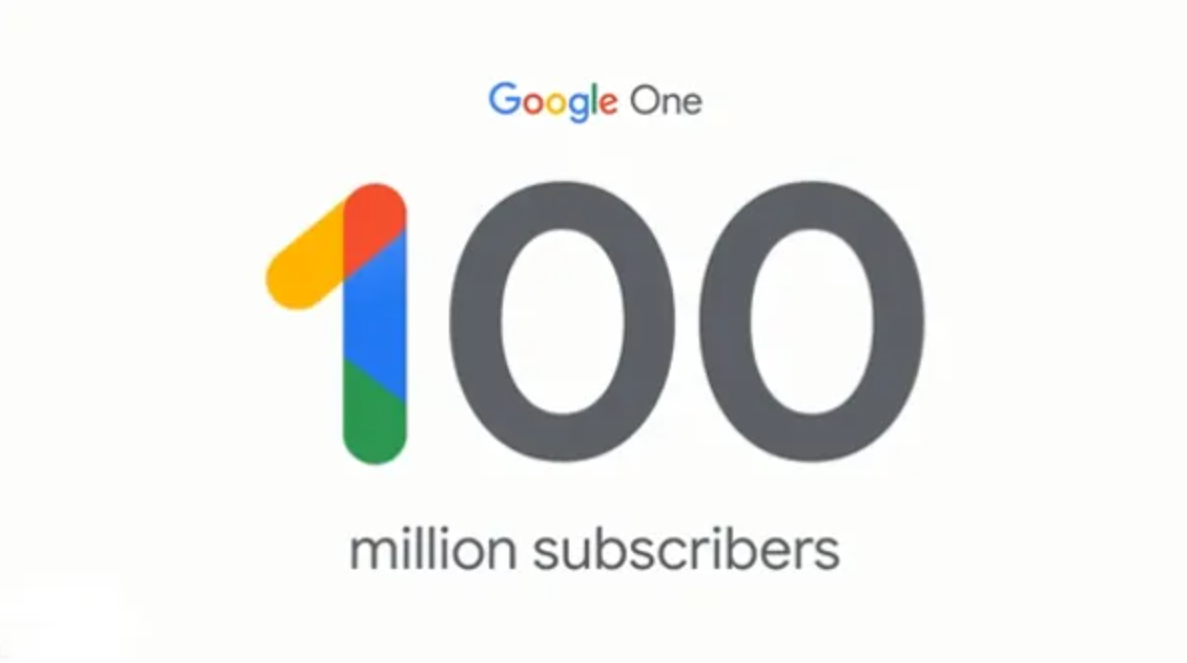Google will fix the biggest Chrome issue on Windows 10
Google released Chrome 87 this month, with which the browser has seen the biggest performance boost in years. Although the browser is even faster, it still uses up a lot of RAM, which many users don’t like. Now it became known that Google is working to significantly reduce the amount of RAM consumed while Chrome is running.










